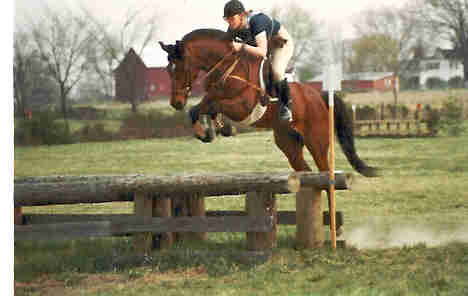Update: I thought folks might be interested in the outcome.
The horse was remaining in the same barn and with same trainer and lesson plan, so the owner risk was a bit minimized than an off-premises lease. The owner really wanted to make sure horse was well cared for, and agreed to pay major vet bills, no lease fee. Lessee paid everything else.
And then the happy ending: owner agreed to sell horse and tack to lessee for very low five figures. A win all around.
I was surprised to read that lease terms for competition horses tend to have the lessee pay for all board, feed, training, farrier, vet, AND a lease fee.
Are those the same terms for someone who wants to lease their horse out to a non-competitive rider?
The lessors want someone to care for their horse, keep it fit, have weekly lessons with trainer. They are not looking for the horse to be shown or improved while they are out of country.
In my past, I have paid people to do that, not have them pay me, lol.

